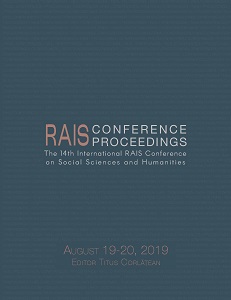The Role of Traditional Knowledge in Indian Management Education
The Role of Traditional Knowledge in Indian Management Education
Author(s): Maziar Jafary
Subject(s): State/Government and Education
Published by: Scientia Moralitas Research Institute
Keywords: Sociology of managerial education; India; Indian traditional knowledge; Indian management studies;
Summary/Abstract: This paper investigates various roles that traditional knowledge can play in Indian managerial education. As it is shown in previous studies, Indian management schools in general and Indian MBA programs in particular lead Indian prospective entrepreneurs toward different sorts of entrepreneurial activities. Although new managerial education in post-cold-war India which mostly endorses entrepreneurship are not bounded to bureaucratic and industrial capitalism, Indian management education is still largely influenced by western and particularly American management schools’ structures and syllabuses. According to such scientific management, unlike modern knowledge which is highly entrenched in rational modes of production, traditional knowledge has been confined to pre-capitalist modes of production and distribution of commodities. Still, new movements for reintegration and revival of traditional knowledge in Indian managerial education pretend that India can largely benefit from its traditional treasures for economic boosts. Thus, the conjunction point of modern managerial education and Indian traditional knowledge remains in new types of leadership as well as genuine entrepreneurial skills which are raised and developed by some of Indian managerial scholars. These novel ideas implicate the need for what is called “spiritual leadership” as well as tradition-based projects in Indian entrepreneurship. As such, I will explain in this paper, the ways by which Indian traditional knowledge can intrigue Indian managerial education in numerous ways, both in elite and popular levels.
Book: Proceedings of the 14th International RAIS Conference on Social Sciences and Humanities
- Page Range: 164-168
- Page Count: 5
- Publication Year: 2019
- Language: English
- Content File-PDF

